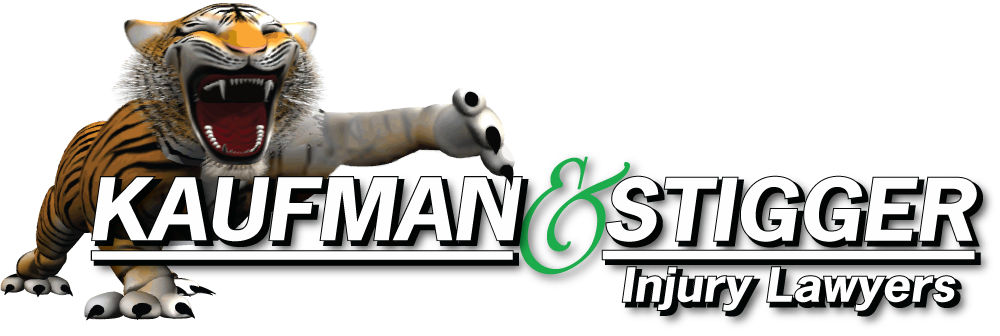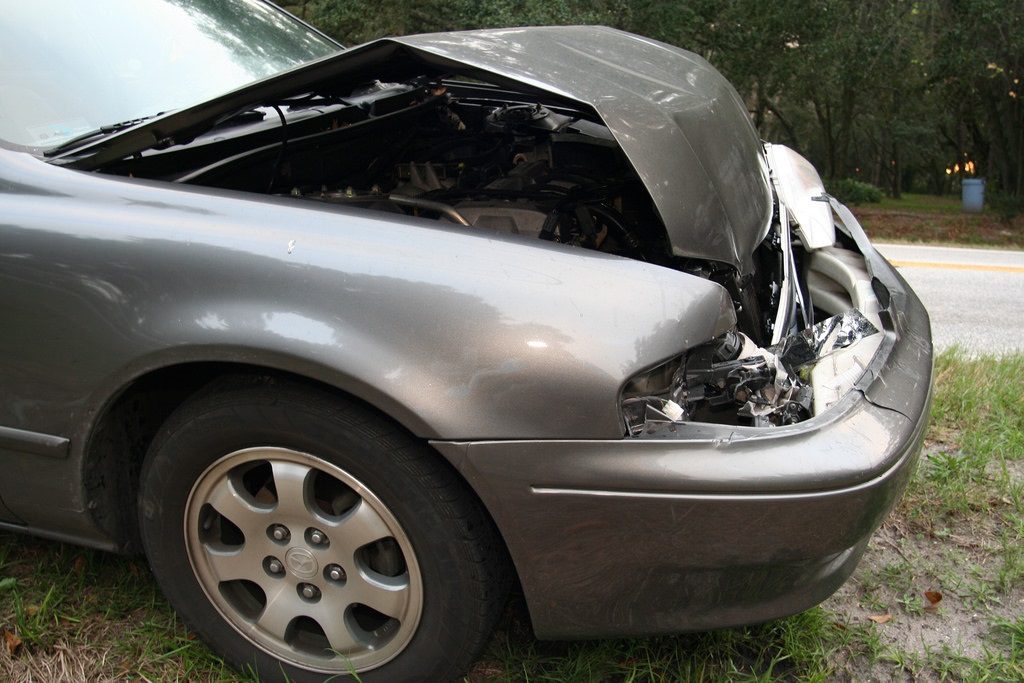Those big trucks we see on the highways every day bring us food, clothing and other goods every day and are necessary for our way of life. But with this comes a high cost. Around 4,500 people die every year from commercial big rig accidents. This isn’t surprising because of the size and weight of these trucks, as a fully-loaded tractor trailer weighs up to 80,000 lbs which is over 20 times the weight of a typical passenger car.
Semi-Truck’s Brake Failure Sends Two to Hospital near Hopkinsville
On Wednesday, August 14, 2019, a semi-truck slammed into two vehicles injuring two people and sending them to the trauma center of a local hospital. Hopkinsville Police say that the truck’s brakes likely failed as it headed eastbound on Martin Luther King, Jr., Way, and struck two passenger cars stopped at a stoplight at Pembroke Rd.
The accident pushed both vehicles into the intersection and caused the drivers of the cars to be seriously injured. The driver of the semi-truck didn’t appear to have suffered any significant injury, and police do not believe distracted driving or impairment are factors in the crash.
Types of Equipment Failure
Out of 5,000 big truck fatalities, around 500 are caused by some equipment failure, according to a study by the Federal Motor Carriers Safety Administration. Because of the size and weight of these trucks, an equipment failure can be catastrophic to others traveling around them.
Some of the more common equipment failures that cause injury accidents are:
- Blown Tire (Most common)
- Brake Failure
- Steering Malfunction
- Trailer Hitch Problems
- Goods Flying Off Truck
- Unsecured Load Causing Load Shift
- Suspension Problems
Who Pays for Equipment Failure?
There are a lot of rural highways in Kentucky, and big rig trucks can be found an any one of them. Kentucky law requires that each commercial large truck have at least $750,000 in accident coverage to operate on the state’s roads. This matches the federal government minimum for trucks that operated between two or more states.
Truck drivers either work for themselves as independent contractors or they drive for a company such as a supplier of a trucking company. Most commercial trucking companies cover at least a minimum of $1 million for any damages caused by their trucks.
A truck driver or company is responsible for the equipment that is on the road. So if there is a failure, then in almost every case, the fault is going to be with the truck driver or company. For example, if the hitch fails, and the trailer breaks free and causes injury, even though the driver didn’t do anything to cause the hitch to fail, because it’s under the driver or the company’s control, then liability will rest on them.
Large Truck Equipment Failure Injuries
An equipment failure can lead to any type of accident. A rear-end if brakes fail, or a rollover if a car hits a piece of equipment that came from a truck. In any of these accidents, the injuries can be severe and can significantly alter the life of the victim. Some of the common injuries in these accidents are:
- Traumatic Brain Injury
- Broken Bones
- Organ Damage
- Burns
- Nerve Damage
- Chest Compression Injuries
- Vision Loss or Reduction
Do I Need an Attorney?
An attorney who understands how debilitating an injury can be. When large commercial trucks are involved, you can bet that the trucking companies and their insurance providers will hire the best attorneys to defend against lawsuits.
They do this for a living, and for most victims, this accident is their first and only one they will go through. The advantage is with those who understand how the system works.
So you need an attorney who has the experience to go toe-to-toe with the insurance companies and make sure you get the compensation you deserve. Call the attorneys at Kaufman & Stigger, PLLC, and they will stand behind you to make sure that you are treated fairly and that you get the highest compensation allowed by the law.



